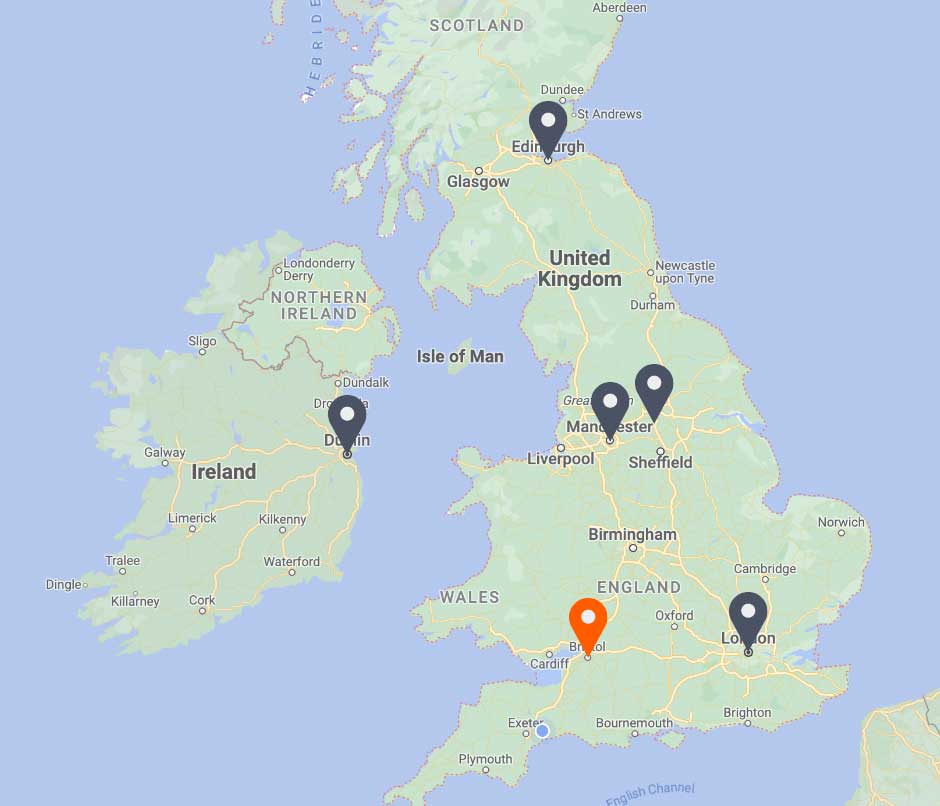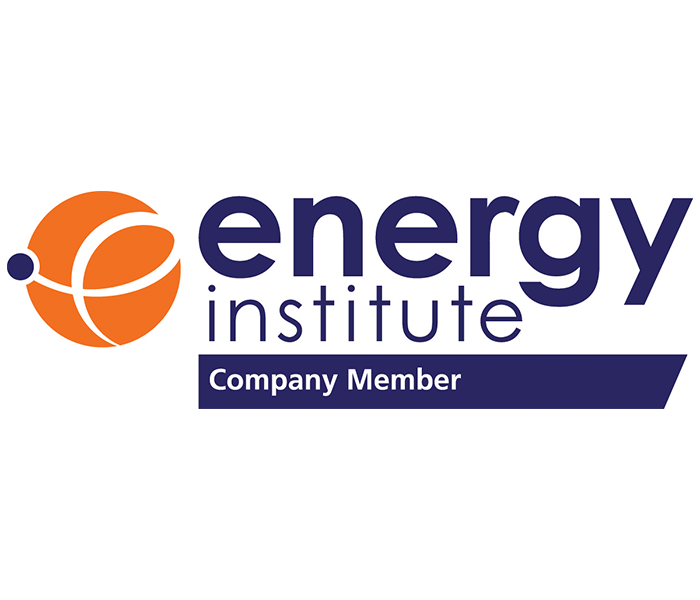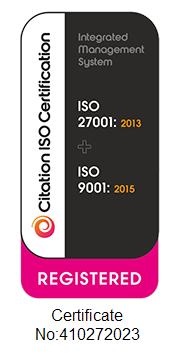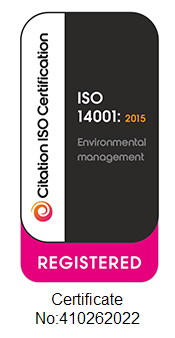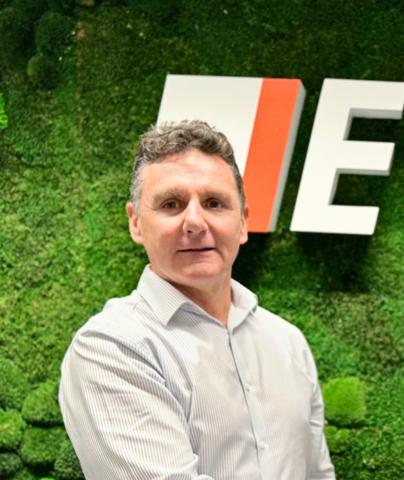THIS ARTICLE AT A GLANCE
CONTACT ETS
If you have any questions or would like to discuss further what you should be doing, ETS is here and willing to help.
Call 0117 205 0542
Email enquiries@energy-ts.com
Submit a contact form
CHECK OUR SERVICES
Maximizing Energy Savings

Even the most experienced energy managers can miss large energy savings because some of those places where the greatest savings can be made are not even on their radar.
Such savings are hidden in plain sight but can only be realised with an engineering expertise that most energy managers do not necessarily possess. This might include tuning and control strategies to the existing BMS or BACs to optimise energy efficiency and internal conditions of buildings across the estate.
ETS are engineering and energy consultants, we have the expertise required to identify and maximise those savings and ensure your estate is fully optimised for full financial advantage.
ETS offer a complete outsourced service, our ECST Team (Energy & Carbon Savings Team) are essentially Data Scientists working alongside Energy Managers and will constantly collect and analyse the data sets to look for statistical anomalies that are indicative of inefficiency. They will advise the site, identifying opportunities where carbon and financial reduction measures can be made. Opportunities identified by the ECST team and through additional onsite auditing our Operations (Engineering) team will design projects to realise those opportunities. We will take responsibility to design and specify the projects (including BMS), provide tender management, project management, clerk of works and M&V to prove project performance.
Don’t leave your energy cost to chance – allow ETS to provide your organisation with the best chance of maximising the energy savings that already exist and allow us introduce an energy awareness culture into the business.
We’ll even guarantee savings once we have identified them and where possible.
How can ETS help?
ETS are energy and carbon management consultants, we cover all elements of building service engineering and energy & carbon management.
Final thoughts
If you are looking for an energy management system that is tailored to your business needs, ETS can provide you with 25 years of experience in dramatically improving energy efficiency and reducing environmental impacts. Whether your businesses have individual assets or large international portfolios, ETS can assist you in saving substantial amounts of money while significantly reducing your carbon performance.
To discuss your requirements, get in touch. You can contact us by calling 0117 205 0542 or drop us an email at enquiries@energy-ts.com.










































